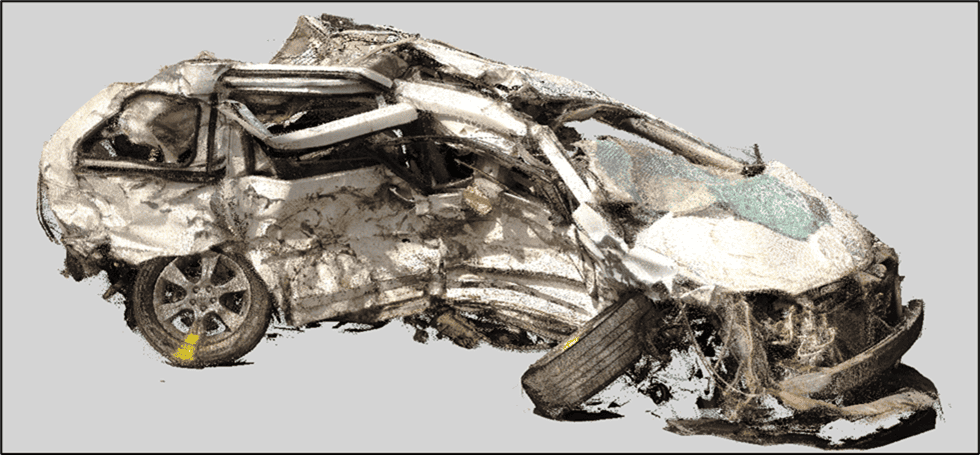
Intelligent speed assistance technology, or ISA, uses a car’s GPS location compared with a database of posted speed limits and its onboard cameras to help ensure safe and legal speeds. Passive ISA systems warn a driver when the vehicle exceeds the speed limit through visual, sound, or haptic alerts, and the driver is responsible for slowing the car. Active systems include mechanisms that make it more difficult, but not impossible, to increase the speed of a vehicle above the posted speed limit and those that electronically limit the speed of the vehicle to fully prevent drivers from exceeding the speed limit.
“This crash is the latest in a long line of tragedies we’ve investigated where speeding and impairment led to catastrophe, but it doesn’t have to be this way,” said NTSB Chair Jennifer Homendy. “We know the key to saving lives is redundancy, which can protect all of us from human error that occurs on our roads. What we lack is the collective will to act on NTSB safety recommendations.”
Eliminating speeding through the implementation of a comprehensive strategy is a priority for the NTSB. In 2021, speeding-related crashes resulted in 12,330 fatalities—about one-third of all traffic fatalities in the United States. In addition to ISA, the NTSB has previously called on regulators to revise regulations around speed limit guidance and increase the use of speed safety cameras. NTSB has also highlighted the need to improve data, laws, and enforcement to address drug-impaired driving.
On Jan. 29, 2022, a 2018 Dodge Challenger entered an intersection near North Las Vegas, Nevada, against a red traffic signal with a vehicle recorded speed of 103 mph, causing a multivehicle collision with five other vehicles. Seven occupants of a minivan and the Challenger’s driver and passenger died as a result of the crash. The driver of the Challenger was determined to have been impaired by cocaine and PCP and had a history of multiple speeding offenses.
As a result of the investigation, the NTSB is issuing eight new and one reiterated recommendation to the National Highway Traffic Safety Administration, one new recommendation to states and one new recommendation to manufacturers:
To NHTSA:
- Require ISA systems that, at a minimum, warn a driver a vehicle is speeding.
- Educate the public about the benefits of ISA.
- Update the guidelines for state highway safety programs to include identification and tracking of repeat speeding offenders.
- Develop countermeasures to reduce repeat speeding offenses.
- Conduct research and develop guidelines to assist states in implementing ISA interlock programs for repeat speeding offenders.
- Incentivize the adoption of ISA through, for example, the New Car Assessment Program. This recommendation is reiterated from a 2017 recommendation.
To 50 states, the Commonwealth of Puerto Rico and the District of Columbia:
- Implement programs to identify repeat speeding offenders and measurably reduce speeding recidivism.
To 17 car manufacturers:
- Install ISA in all new passenger vehicles that, at a minimum, warns drivers when a vehicle is speeding.
To the Insurance Institute of Highway Safety:
- Evaluate the safety outcomes of marketing by auto manufacturers that emphasizes risky behavior, including speeding. The evaluation should compare vehicles based on engine size, power and performance and international approaches to marketing. Make the report publicly available.
The executive summary, probable cause, findings, and safety recommendations of the investigation are available on the investigation web page. The final report will be published on the NTSB’s website in several weeks.
The public docket for the investigation includes about 500 pages of factual information such as reports, interview transcripts and other investigative materials.